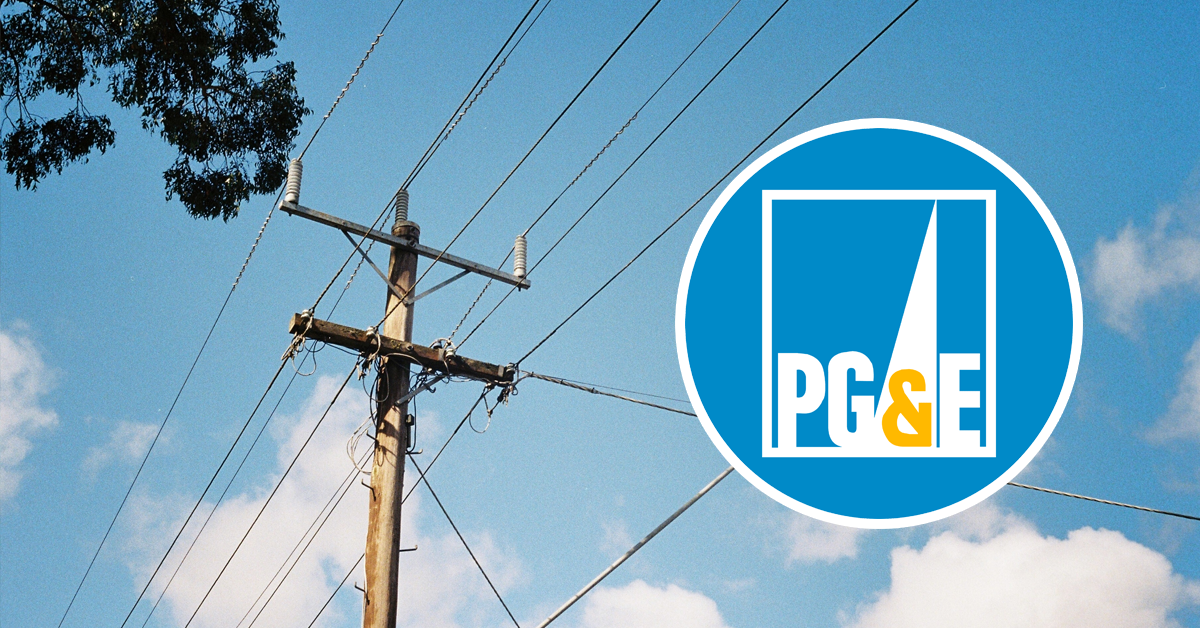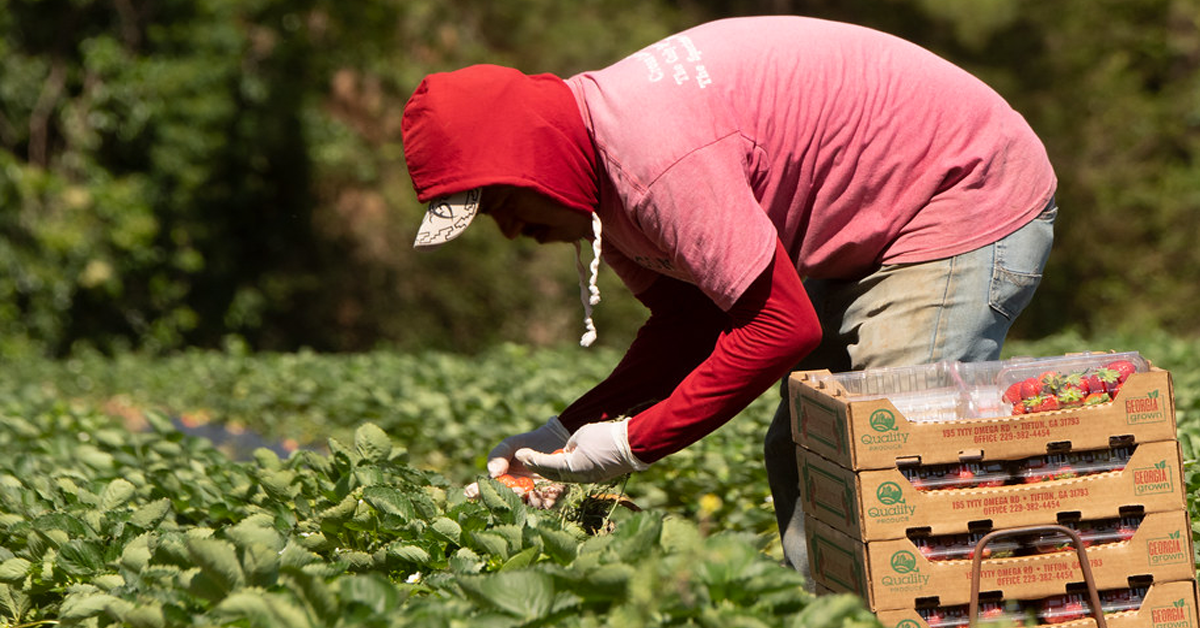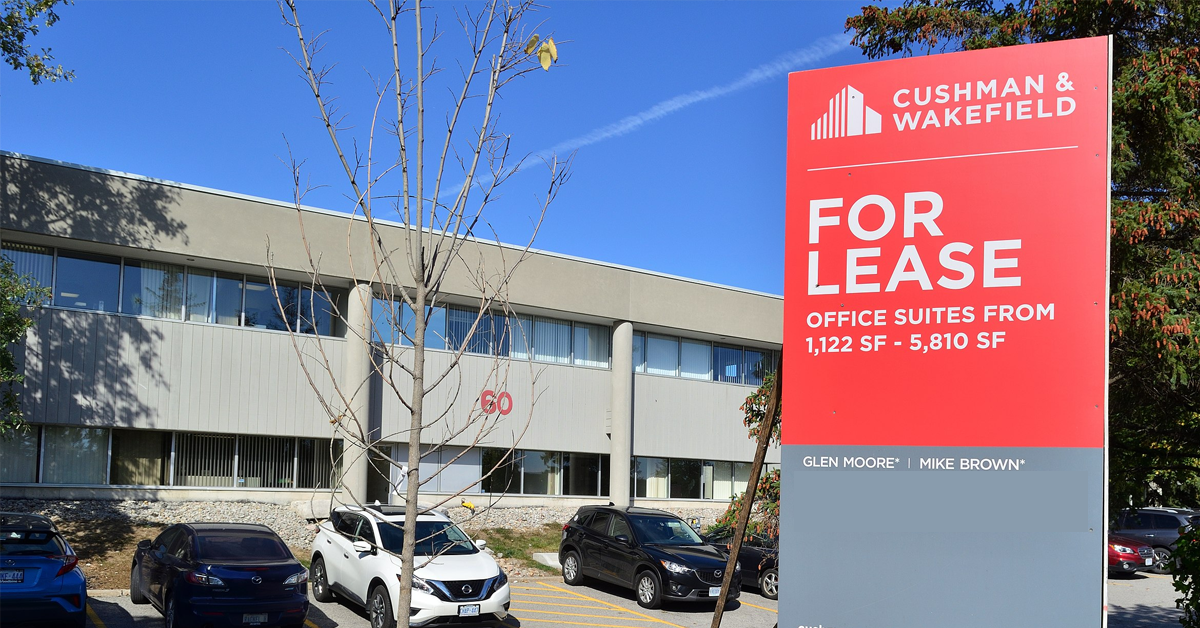The conservative majority on the U.S. Supreme Court appears to be on the side of local and state governments looking to enforce anti-camping bans to prevent the homeless from sleeping on the streets.
Monday, the Supreme Court heard arguments in Grants Pass v. Johnson, setting the stage for a decision that will determine how far government can go in keeping the homeless from sleeping in public areas.
The backstory: In 2013 the Oregon city of Grants Pass set a $295 fine for homeless camping, which was eventually challenged in court by three people.
- In 2020, the 9th Circuit Court of Appeal ruled against Grants Pass, determining that anti-camping bans without the guarantee of enough shelter beds for the homeless violate the Eighth Amendment because they would be cruel and unusual punishment.
The big picture: Supreme Court Justices seemed to be split along their ideological lines on Monday, with the conservative majority appearing to agree with Grants Pass and that homelessness should be dealt with on the local level, not by the courts.
- When asked by Chief Justice John Roberts what Grants Pass will do if the Supreme Court sides against the city, Grants Pass lawyer Theane Evangelis said the city’s hands will be tied.
- “It will be forced to surrender its public spaces, as it has been,” Evangelis said. “Unfortunately, beds are going unused at the Gospel Rescue Mission. People are not getting the help that they need. The city is under an injunction here, and it’s unable to rely on these basic ordinances. And the Ninth Circuit’s decisions give cities like Grants Pass no guidance about how they can navigate this very challenging area.”
- Justice Clarence Thomas asked Evangelis if the city’s law makes it a crime to be homeless, to which Evangelis responded no.
- The Supreme Court also discussed whether or not homelessness is a status, dealing with precedent from a 1962 ruling in Robinson v. California which decided that the Eighth Amendment prohibited the state from making it a crime to be a drug addict.
- Chief Justice Roberts asked if the status of homelessness can change, with Evangelis answering that she thinks it is very fluid.
- “So Robinson treated addiction as a disease and as something that – and many believe that addiction is something that someone has with them forever and it’s a struggle,” Evangelis said. “So that is a very different situation. And here, if someone has shelter – let’s say they were offered shelter yesterday and they refused it, and then today, when someone comes around and tells them that they’re not permitted to camp, are they involuntarily there if they refused shelter yesterday? That’s the question the Eighth Amendment does not answer. “
The other side: Justice Elena Kagan took the argument to other human necessities, such as breathing.
- “Sleeping is a biological necessity,” Kagan said. “It’s sort of like breathing. I mean, you could say breathing is conduct, too. But presumably, you would not think that it’s OK to criminalize breathing in public, and for a homeless person who has no place to go, sleeping in public is kind of like breathing in public.”
- Justice Ketanji Brown Jackson related sleeping in public to eating, fearing that a city could prohibit eating in public over concerns of sanitation.
- “Some people don’t have that option,” Justice Jackson said. “They have to eat in public, because they’re unhoused and they can’t afford to go to a restaurant.”










